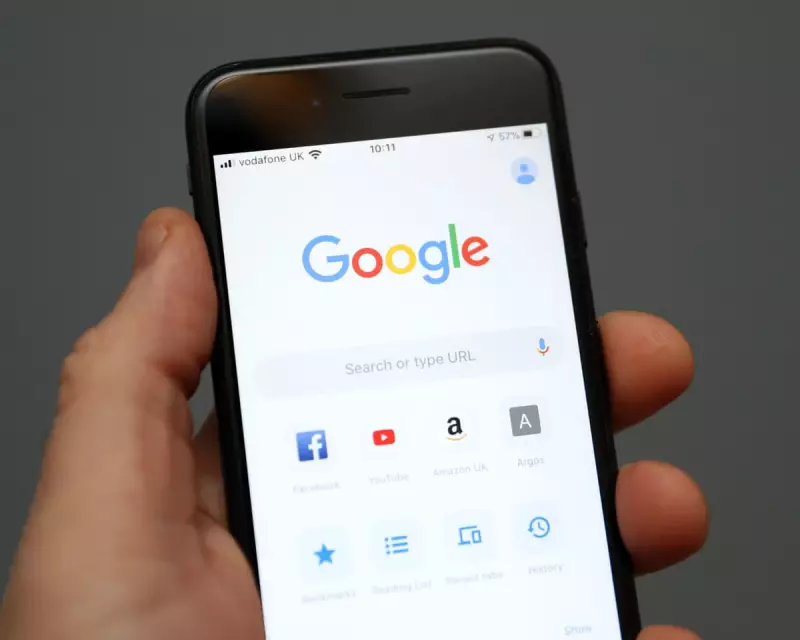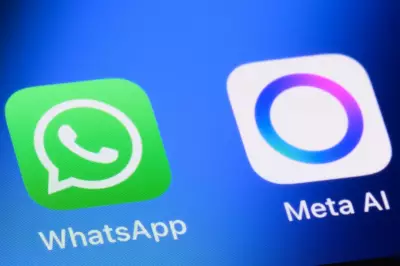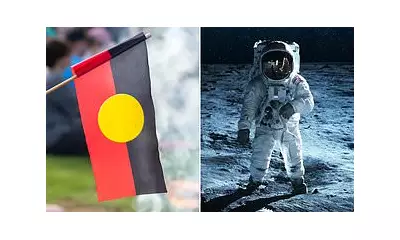
In a significant escalation of tensions between tech giants and traditional media, Italy's foremost news publishers have formally demanded that European regulators launch an immediate investigation into Google's controversial AI Overview feature.
The Core Complaint
The Italian Federation of Newspaper Publishers (FIEG), alongside the Italian Publishers' Association (AIE), has filed a formal complaint with the European Commission alleging that Google's AI-powered search summaries constitute both copyright infringement and anti-competitive behaviour.
At the heart of the dispute is Google's recently launched AI Overviews, which provides users with direct answers to queries by synthesising information from multiple online sources, including news articles.
Why Publishers Are Alarmed
The publishers argue this feature creates a fundamental threat to their business model by:
- Reducing click-through rates to original news websites
- Using copyrighted content without proper compensation
- Positioning Google as both a distributor and direct competitor to news creators
- Potentially violating the EU's Digital Markets Act
A Broader European Battle
This confrontation represents the latest chapter in the ongoing struggle between European media organisations and dominant tech platforms. The Italian case follows similar concerns raised by publishers across Europe about how AI technologies are reshaping the digital information ecosystem.
The complaint specifically references Google's dominant market position, suggesting the company may be leveraging its power in ways that breach EU competition rules designed to ensure fair markets.
What Happens Next?
The European Commission now faces pressure to determine whether Google's AI Overviews represent innovation that benefits users or anti-competitive behaviour that undermines media diversity. The outcome could set a crucial precedent for how AI-generated content is regulated across the European Union.
This case highlights the growing tension between rapid technological advancement and the protection of intellectual property rights in the digital age, with significant implications for the future of journalism and information access.





